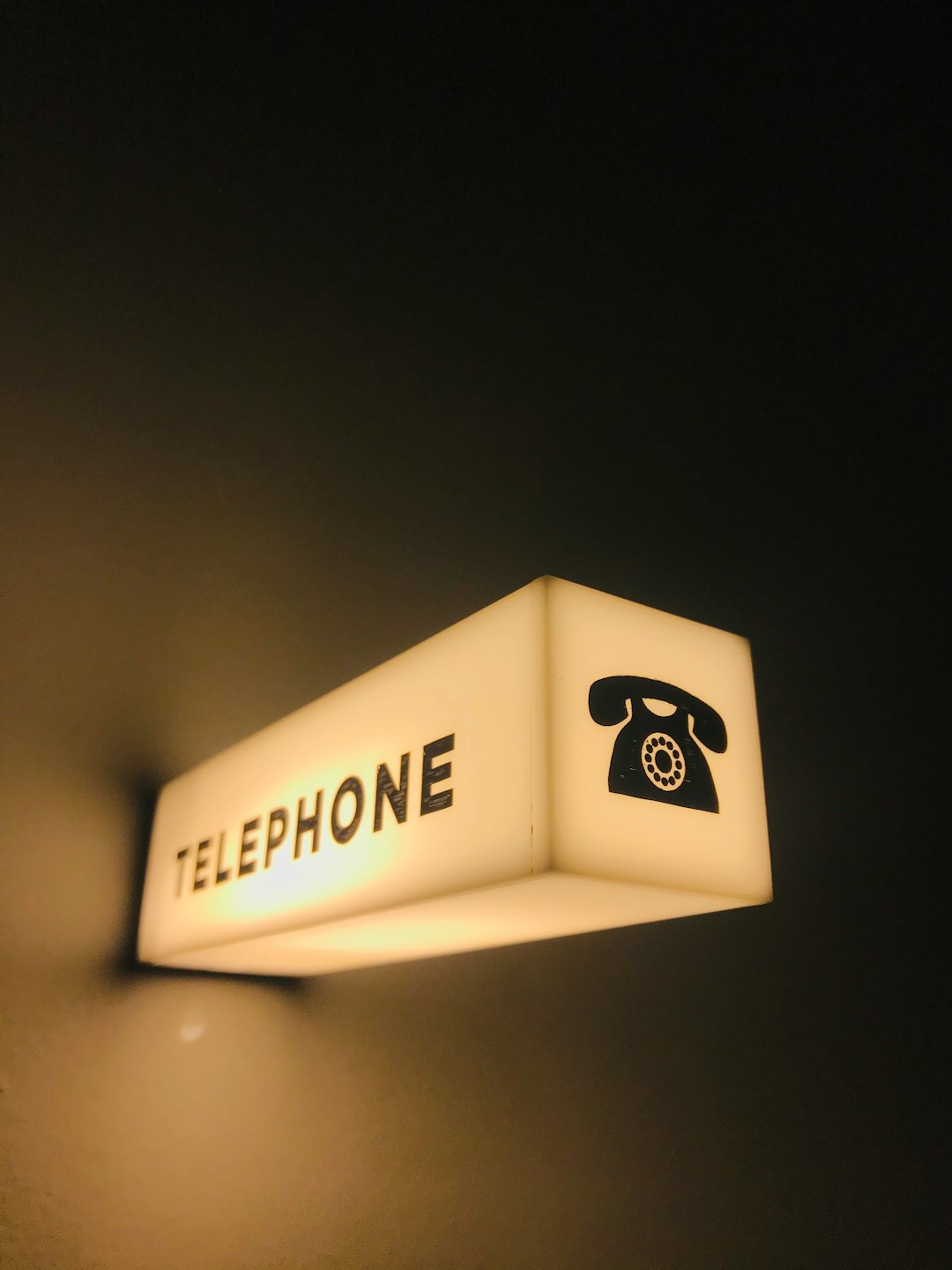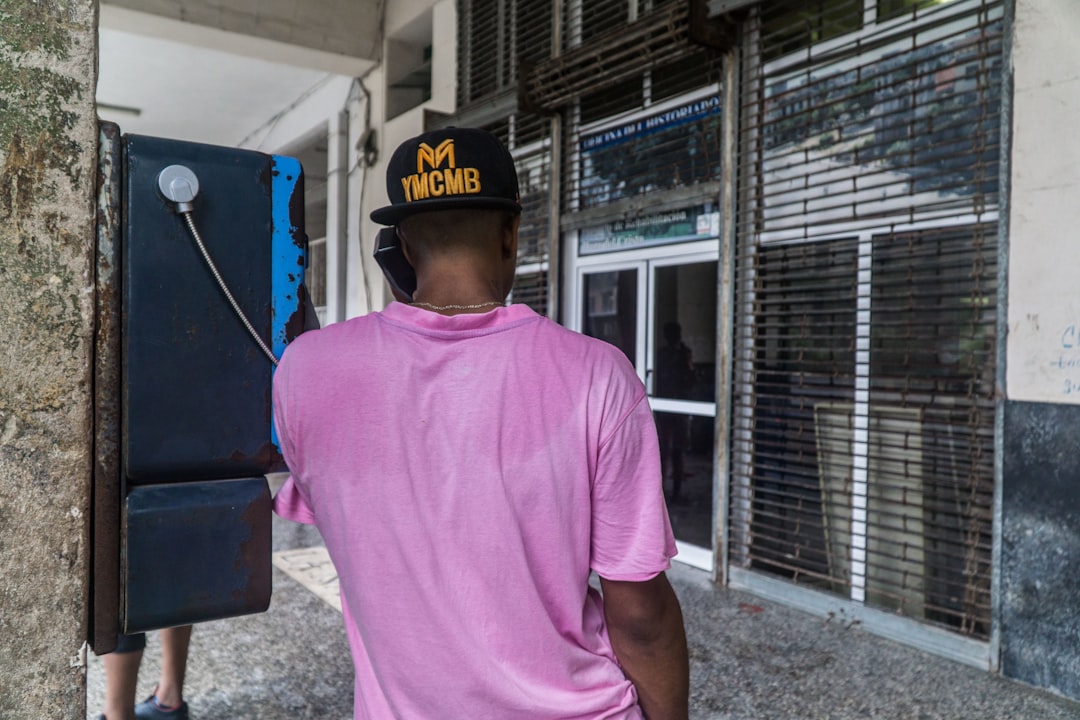Robocalls are disrupting Michigan's seasonal events like fall festivals, but legal protections exist via the Telephone Consumer Protection Act (TCPA). Individuals and organizers can combat spam calls by consulting specialized Michigan law firms or lawyers handling TCPA cases. Effective strategies include call filtering, "Do Not Call" lists, and robust legal action through firms specializing in TCPA litigation to deter robocallers.
The Frankfort Fall Festival, a beloved community event in Michigan, is facing an unexpected foe: robocalls. These automated messages disrupt the festive atmosphere and pose a significant challenge to organizers. In this article, we explore the impact of robocalls on local festivals, delve into legal options available under Michigan’s Spam Call Laws (TCPA), and provide strategies for event committees to combat these unwanted calls, ensuring a smoother experience for all participants in Frankfort and beyond.
With the help of a reputable spam call law firm or lawyers specializing in TCPA cases in Michigan, festival organizers can protect their events and their attendees’ peace of mind.
Understanding Robocalls and Their Impact on Festivals in Michigan

Robocalls have become a significant nuisance in Michigan, particularly during seasonal events like fall festivals. These automated phone calls, often unwanted and intrusive, are designed to promote products or services but can severely disrupt community gatherings. The constant stream of spam calls can lead to decreased event attendance, as attendees may grow tired of constantly being pestered by unsolicited messages.
In Michigan, the Telephone Consumer Protection Act (TCPA) provides legal recourse for individuals who have suffered harm due to robocalls. A spam call law firm or lawyer specializing in TCPA cases can help determine if a lawsuit against the culprits is viable. Understanding your rights under this law and seeking legal advice from qualified professionals can empower festival organizers and attendees alike to combat the problem, ensuring a more enjoyable experience for all.
Legal Options: Navigating Spam Call Laws and Suing in Michigan

In Michigan, navigating spam calls and seeking legal recourse is governed by the Telemarketing and Consumer Protection Act (TCPA). If your phone has been inundated with unwanted robocalls, you may wonder if you have grounds to take action. The good news is that Michigan residents have legal options available to combat these nuisance calls.
If a business or organization has violated the state’s spam call laws, individuals can file a lawsuit under the TCPA. A spam call law firm or lawyer specializing in TCPA cases in Michigan can guide you through the process. They can help determine if the robocalls were unauthorized and if there is sufficient evidence to pursue legal action, potentially resulting in monetary compensation for your troubles.
Strategies to Combat Robocalls for Frankfort's Fall Festival and Beyond

Frankfort’s Fall Festival Committee is leveraging a multi-pronged approach to combat robocalls during this seasonal event and beyond. They’ve partnered with local telecom providers to implement advanced call filtering technologies that can block or flag suspicious calls. Additionally, they’re encouraging attendees to register their phone numbers on the “Do Not Call” lists of both state and national databases to significantly reduce unsolicited calls.
The committee is also working closely with a reputable spam call law firm in Michigan specializing in TCPA (Telecommunications Consumer Protection Act) litigation. Their lawyers are providing legal counsel and support, helping them understand their rights and options when dealing with robocalls. This collaboration ensures that any violators of anti-robocall laws face consequences, setting a precedent for future events.






